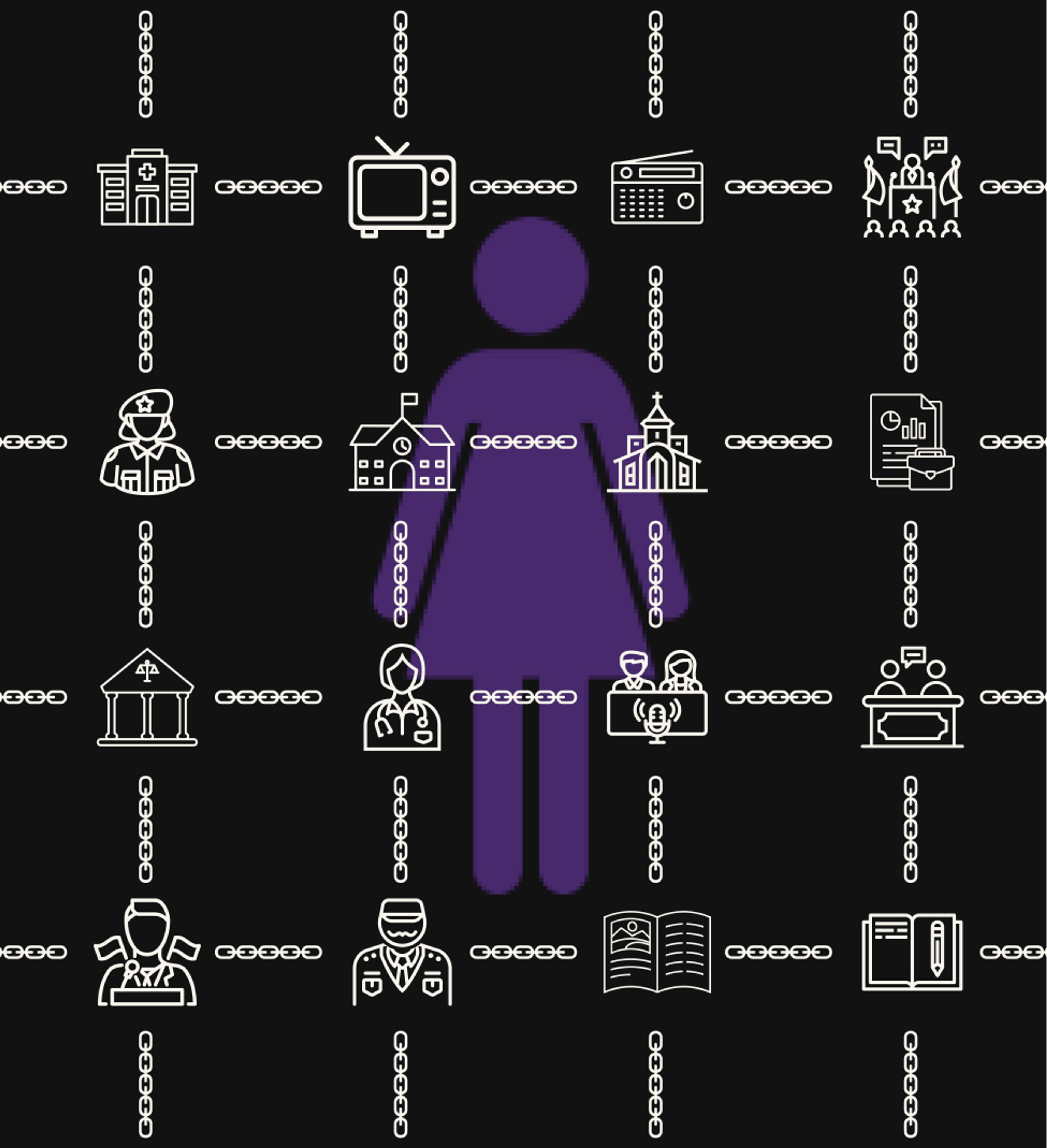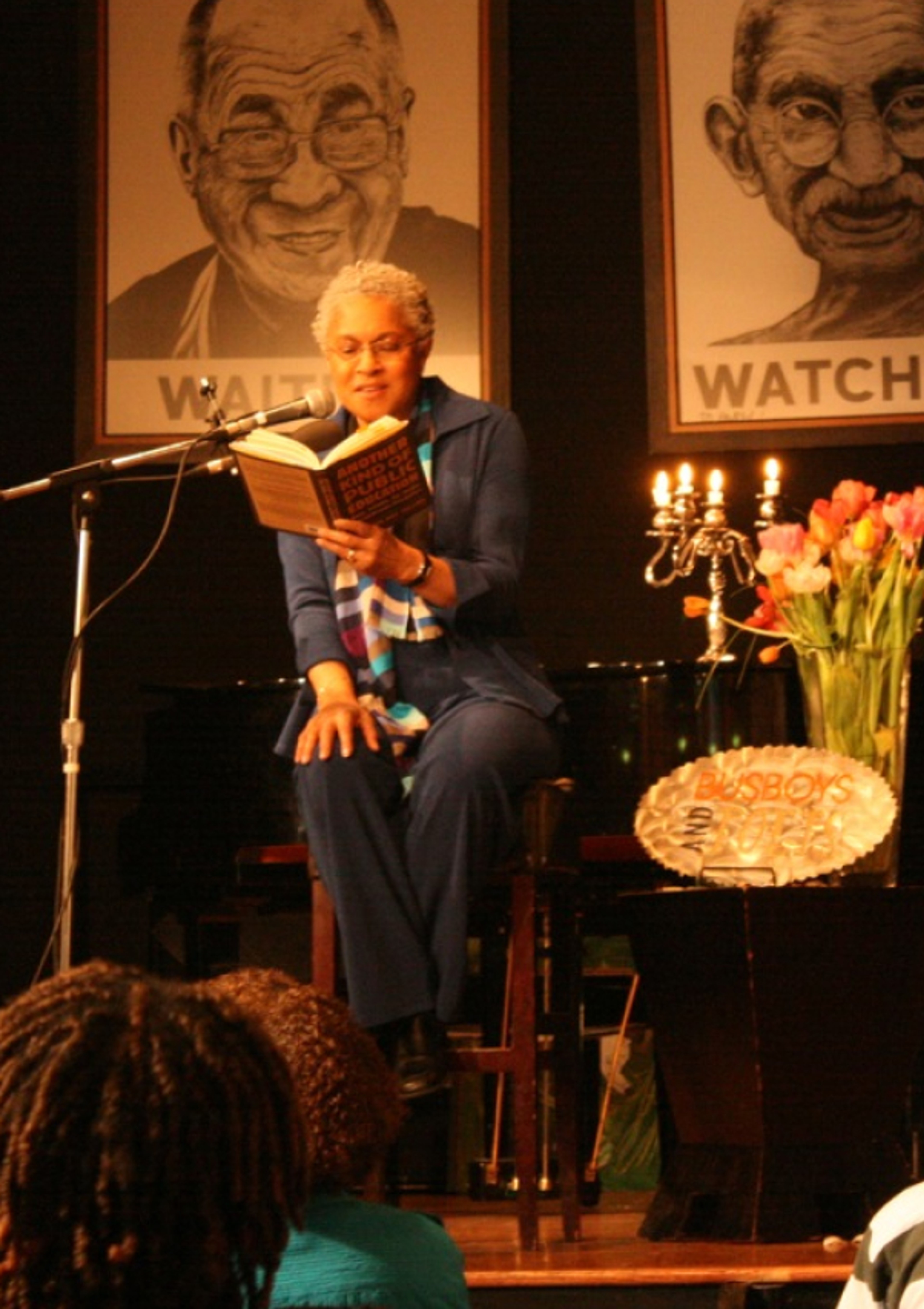Patricia Hill Collins

The Prize Jury selected Collins for how her work “provides a powerful analytical lens through which we can envision the different and intersecting ways in which our material, social, and cultural worlds produce injustice and mutilate human possibilities. In addition, her work has given us “original vocabulary with which to think about social power and contestation.” The first Black laureate of the Berggruen Prize, Collins is a groundbreaking knowledge creator whose exploration of the interchange between theory and practice have transformed notions of power and justice, and have resonated heavily across politics, commerce, and mass culture.
Her foundational work Black Feminist Thought (1990) explored the rich but long-ignored intellectual tradition of US Black women and their distinctive analytical perspectives on life, developing a new vocabulary for the structure of society from their unique experiences over centuries of oppression. Collins carried these themes forward in numerous subsequent works, including Fighting Words: Black Women and the Struggle for Justice (1998); Black Sexual Politics: African Americans, Gender, and the New Racism (2004); and From Black Power to Hip Hop: Racism, Nationalism, and Feminism (2006). Throughout, she was a pioneer of the concept of “intersectionality,” helping to develop analysis of the interactions among different forms of inequality and oppression. Her 2019 book Intersectionality as Critical Social Theory is a landmark in developing the concept and insight into a substantial analytical framework.
The new understandings unleashed by Collins’ work have reverberated throughout popular culture, politics, academia, and other hierarchies of power in the US and globally. In addition to the aforementioned works, eleven editions of Race, Class and Gender: Intersections and Inequalities have been widely used in undergraduate classrooms at more than 200 colleges and universities since its original publication in 1992, introducing intersectionality to an entire generation of students. Altogether, her writings have redefined injustice, ushering into mainstream thought an institutional, systemic perspective on the source of inequality and the reasons for its perpetuation, as well as the resistance of oppression and the active pursuit of freedom for all.




